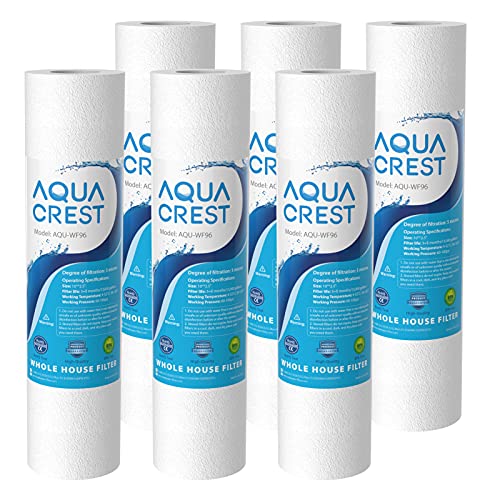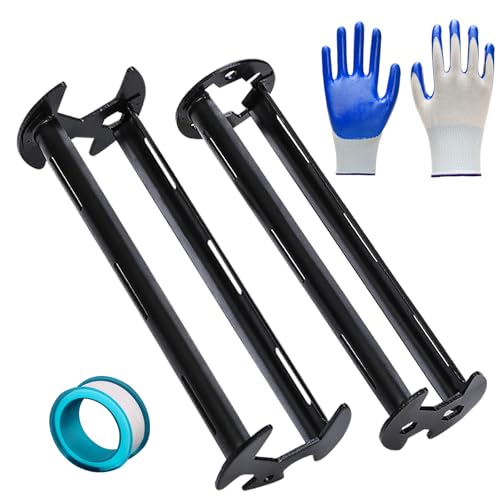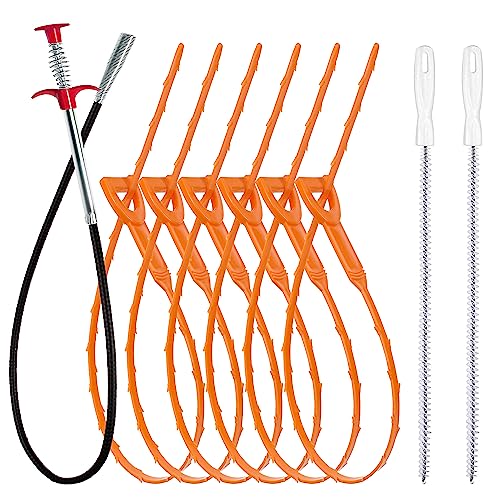Opinions on what brand water heater to buy. I've read good and bad about most all. Some people love rheem others ao smith. Also have read there is difference between big box and if you buy at a supply house like Ferguson. It's enough to make you go crazy trying figure out what to buy. And I see smart water heaters that have leak detection.. is that a gimmick or worth having, or maybe just another failure point.
Any pointers from the experts would be great ! Talking about standard electric, not gas.
Any pointers from the experts would be great ! Talking about standard electric, not gas.









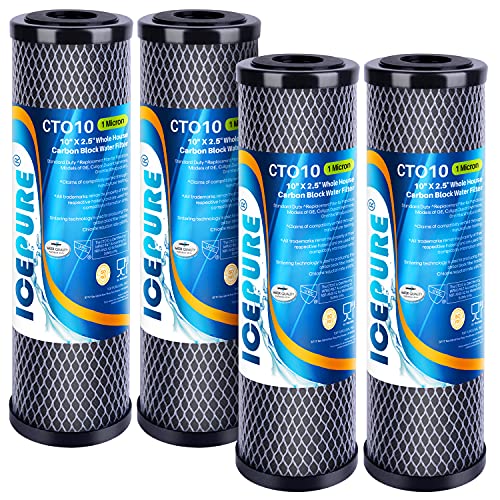














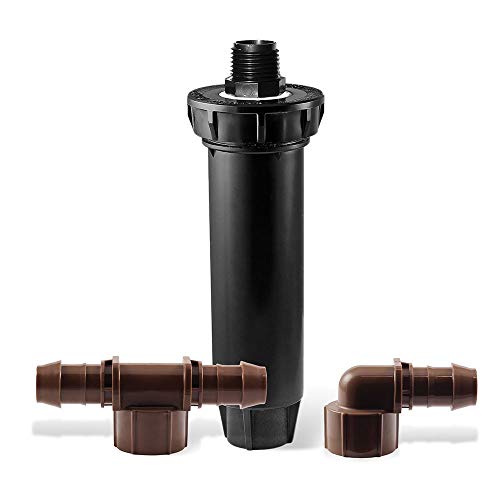


![MEISTERFAKTUR drain snake 2.0 [50 FT] - with drill attachment - Ideal plumbing snake for sink and drain unblocking - Solid drain auger for real DYIs! (50 FT - 1/4 inch)](https://m.media-amazon.com/images/I/41VwmTiOsgL._SL500_.jpg)








